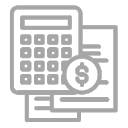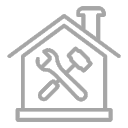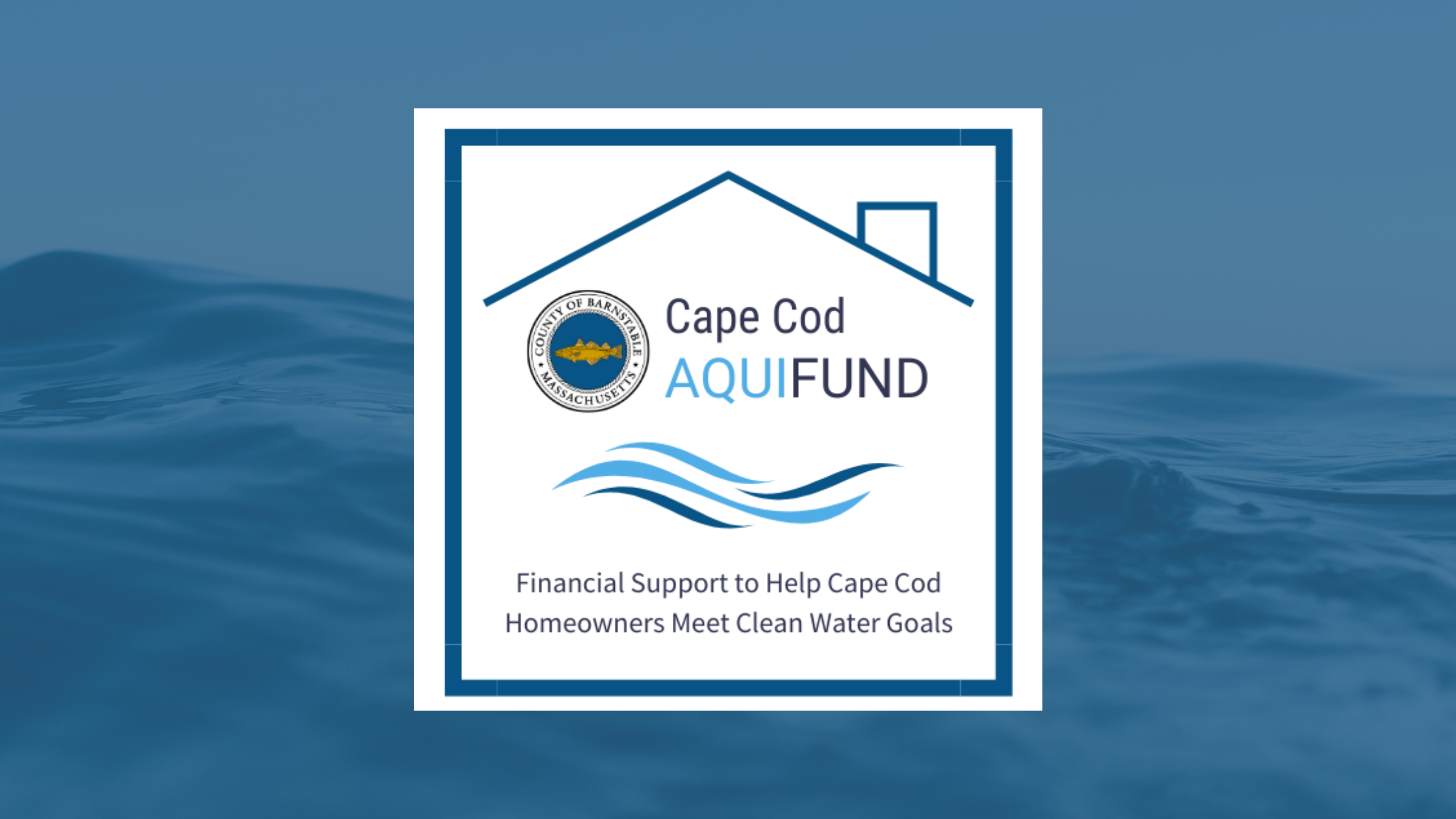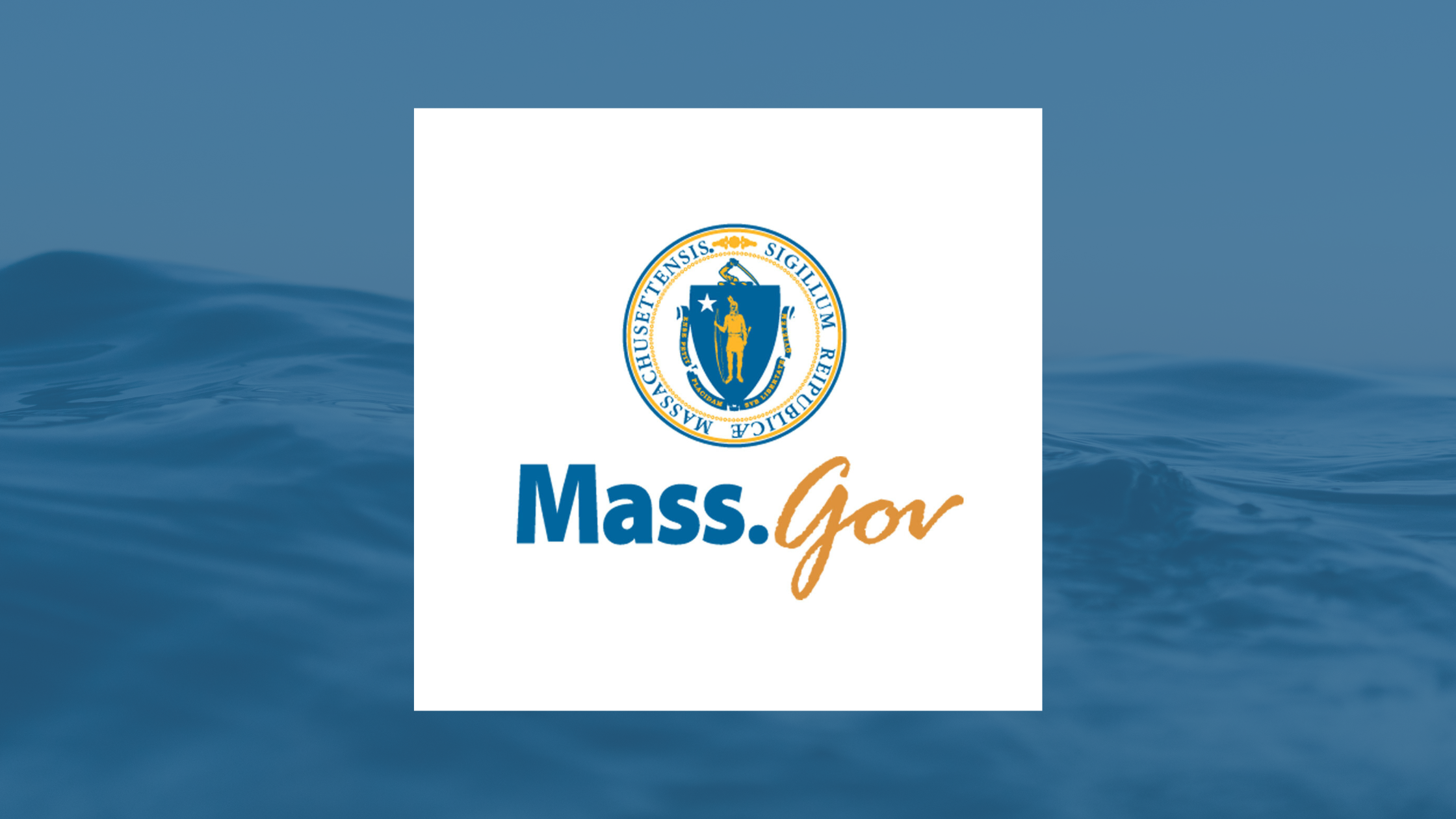Anticipated Costs
Understand your financial responsibilities as a property owner.
The Town of Barnstable is responsible for the design, construction and operation of sewer mains, sewer pump stations, and sewer service stub pipes installed in front of each property, within the Town right-of-way. Property owners also have responsibilities in this process.
As a property owner you will be responsible for completing a pre-construction Sewer Connection Form. Upon project completion, property owners will then be responsible for hiring a licensed sewer installer to complete the connection from the stub left at their property line, within the public right-of-way, to their building on their property.
Property owners connecting to new sewer service are responsible for the following costs: a one-time Sewer Assessment, costs associated with connecting the sewer service to your property, and utilitty fees for using sewer service once activated. Each of these costs is explained below.
The Town of Barnstable is continuously exploring available options to help to reduce sewer connection costs to residents. A summary of financing alternatives, loan programs and situational deferment options are also shared below.
Property Owner Costs

Sewer Assessment
The Sewer Assessment Ordinance was adopted by Town Council on July 1, 2021 and establishes a Sewer Assessment to be charged to property owners who have one or more residential or commercial sewer units that are to be connected to municipal sewer service under the sewer expansion plan. The Sewer Assessment represents the allocated cost of the sewer infrastructure that will be serving an owner’s residential or commercial property.
The Sewer Assessment is calculated as the lesser of (a) $10,000 or (b) the allocated cost of the general benefits infrastructure and special benefits infrastructure . The Sewer Assessment does not include the cost of connecting a property to the sewer service located in the street.

Sewer Connection
In addition to the Sewer Assessment, a property owner is responsible for the cost to install the necessary connection from their property to the public sewer system located in the street as well as the costs associated with the review of the connection plan and onsite inspector. Connection costs will vary based on property characteristics.
You will be responsible for hiring a licensed sewer installer to complete the actual construction necessary on your property. Like any residential construction project we recommend that you obtain at least three quotes from a licensed sewer installer. Download a list of licensed sewer contractors here.

Utility Billing
Once sewer service is connected, property owners will be charged a sewer service user fee based on their water usage. Your sewer service bill will be issued at the same frequency in which you receive your water bill.
If a property has irrigation, you may be eligible to install a deduct meter which will enable you to realize a savings for water that does not enter the sanitary sewage system. Please contact your individual water purveyor to determine if this applies to you.
Financial Support
Cape Cod AquiFund | Barnstable County
Barnstable County is pleased to provide low-interest betterment loans to Cape Cod homeowners faced with the cost of replacing their septic systems. Cape Cod AquiFund provides financial assistance for septic system replacement, installation of advanced onsite wastewater treatment units, and sewer connections.
Sewer or Water Connection Loan | Cape Cod Five
Cape Cod 5 supports efforts to improve infrastructure and protect our environment. We also recognize that these initiatives can result in significant costs to homeowners. That’s why we’re offering a Sewer or Water Connection Loan to qualifying homeowners at competitive rates. Click to review program details and approved usages.
Massachusetts Tax Relief Bill | Mass.gov
Governor Maura T. Healey signed into law Massachusetts’ first tax cuts in more than 20 years on October 4, 2023. Included is the Title V (Septic) Tax Credit – which triples the maximum credit to $18,000, increases percentage of eligible expenses from 40% to 60%; and allows taxpayers to claim up to $4,000 in any year, versus $1,500 in current law.
Need Additional Assistance?
The Department of Public Works is here to educate, guide, and equip property owners throughout construction and the sewer connection process.
How will implementation of the sewer expansion plan be paid for?
The estimated cost of the 30-year plan is approximately $1.4 billion, including construction, borrowing costs and inflation. The Town has already made significant progress in meeting this funding need. Through legislative action at both the state and local levels the town has created over 50% of the estimated funding sources needed for this program. For the remaining resources needed, the Town has developed an equitable and affordable financing plan to fully implement the CWMP.
The Town has created an existing dedicated revenue stream that will provide an estimated $600 million over the 30-year implementation timeline. This revenue stream consists primarily of proceeds from the hotel/motel room occupancy tax, short- term rental occupancy tax, local meals tax and a new excise tax of 2.75% that applies to all types of lodging on Cape Cod.
As new customers come on-line to the public sewer system, revenue generated from user rate revenue is estimated to contribute over $200 million to the plan.
For more information watch the CWMP 2023 Financial Update, here: https://www.youtube.com/watch?v=h9i-vV1onx4&t=7589s
How do the new Watershed Permit Regulations and revised Title 5 septic system regulations impact me?
The Town of Barnstable received the final Watershed Permit Regulations (314 CMR 21.00), and Title 5 Natural Resource Nitrogen Sensitive Area Regulations (“NSA”) (310 CMR 15.214 and 15.215), on Thursday, June 22, 2023. After completing a comprehensive review, our initial understanding is that the Town’s state-approved Comprehensive Wastewater Management Plan (CWMP) will comply with the requirements of a Watershed Management Plan (WMP) and can be used as the basis for a Watershed Permit.
Furthermore, as of September 1, 2023, the Town of Barnstable submitted its application for a WP95 Watershed Permit. Our application included the request for a Watershed Permit covering the entire Town of Barnstable, regardless of when, or if, a village was receiving sewer as part of our Comprehensive Wastewater Management Plan. Our application remains under review with MassDEP; we will be sure to keep our community updated throughout the review process.
Is my property located on a sewer expansion route?
If you are unsure if your property is located along a planned sewer expansion route, use the Property Look-Up Tool on the Town Assessor’s searchable database to find out if your property is located on a sewer expansion route proposed under Phase 1 of the CWMP.
Click here to access the Property Look-Up Tool: https://townofbarnstable.us/Departments/Assessing/Property_Values/Property-Look-Up.asp
Will I be contacted by the Town prior to sewer construction?
Yes, prior to construction beginning in the roadway, the Department of Public Works will perform a series of outreach efforts such as public information meetings, mailers and in-person door-to-door canvasing. Once your property has been identified as part of an active construction project, you will be asked you to fill out a Sewer Connection Form. The purpose of this form is to provide DPW with relevant information about how your current plumbing works. You will be asked to provide a sketch plan identifying your building’s layout in relation to the street as well as the preferred location of a sewer service stub connection on your property. Detailed instruction will be provided.
Learn more about the Sewer Connection Form and related construction sequencing, here: https://barnstablewaterresources.com/sewer-service-connection-center/
What costs am I responsible for when connecting to municipal sewer?
A property owner is responsible for essentially three primary costs. The first being a one-time Sewer Assessment, which is a charge that will be applied to the owners of properties that have one or more residential or commercial sewer units that are eligible to be newly connected to sewer service under the sewer expansion plan. Additionally, a property owner is responsible for the cost to connect their property to the municipal sewer system located in the street and to decommission the current on-site septic system, if needed. Connection costs will vary based on property characteristics. Lastly, once sewer service is connected, property owners will be charged a sewer service user fee based on their water usage. The current typical residential sewer usage bill averages around $435 annually and may vary based on water usage. If the property has irrigation, a property owner can install a deduct meter which will enable the property owner to realize a savings for water that does not enter the sanitary sewage system.
Review the Town Council Approved Sewer Assessment Ordinance, here: https://barnstablewaterresources.com/wp-content/uploads/2021/11/2021-07-01-Town-Council-Approved-Sewer-Assessment-Ordinance-letter-2021-139.pdf
How do I find a qualified contractor to connect my property to sewer service?
You can find a qualified contractor from the Town of Barnstable’s list of licensed sewer installers, which is updated regularly and posted to the the Town’s website. Your licensed sewer installer will do the actual construction at your home on your property and will be responsible for applying for the necessary permits.
In most cases, a qualified sewer installer is sufficient for both design and implementation; however, in a limited number of cases it is necessary to also secure the services of a licensed engineer with civil engineering experience to direct your sewer connection. The connection must comply with the Town of Barnstable’s sewer connection design specifications. Your contractor will assist you in determining the most cost-effective way to arrange pipes on your property.
Download the Town of Barnstable’s list of licensed sewer installers, here: https://www.townofbarnstable.us/Departments/PublicWorks/Sewers/Sewer-Installers.pdf
Do I have a choice whether or not to connect to new sewer service?
The Board of Health has the authority to require property owners to connect to the public system when it becomes live. The Board of Health also has the authority to allow property owners to delay connecting depending upon their unique circumstances. If you have a question or circumstance that you believe may necessitate a delay in connecting to sewer service, please call the Town of Barnstable Health Division at 508-862-4644 or email health@town.barnstable.ma.us.
Is there any payment assistance or abatement of either the Sewer Assessment or connection costs?
A property owner can opt to pay the Sewer Assessment all at once when due, or may opt to finance the Sewer Assessment and pay quarterly installments on their property tax bill over thirty years. In accordance with current policy, the Sewer Assessment under the thirty-year payback option would be amortized at an interest rate equivalent to 2% above the rate of borrowing, unless otherwise determined by the Town Council. If the sewer assessment is added to future tax bills, a lien will be recorded on the property at the Registry of Deeds.
The Town is also exploring the possibility of allowing qualifying homeowners the option to defer their sewer assessment if they meet certain income and asset limits. This would carry an interest charge and the sewer assessment would be paid at the time of a transfer in ownership or refinancing of the property.
Additional financial support includes zero and low-interest betterment loans through Barnstable County’s Cape Cod AquiFund and Cape Cod 5’s Sewer or Water Connection Loan Program. We will continue to update and share additional financial resources as they become available.
My septic failed and I am not yet connected to sewer, what do I do?
Like the decomissioning of your system, the Board of Health is the governing authority on all things septic. If you are currently living at a property with a failed septic system or in the process of buying or selling a property with a failed septic, the best first step is to determine where your property falls within the adapative sewer expansion plan. You can obtain this information by contacting Kelly Collopy, Communications Manager, for the Department of Public Works at 508-790-6400 or via email at Kelly.Collopy@town.barnstable.ma.us
Once you confirm anticipated sewer availability at your property, you will then need to contact the Board of Health to determine the most appropriate course of action. If your property is not eligible for sewer connection within an approved timeframe, the Board of Health may require you to make necessary upgrades or request replacement. If you believe your property’s septic may be failing, please call the Town of Barnstable Health Division at 508-862-4644 or email health@town.barnstable.ma.us.



